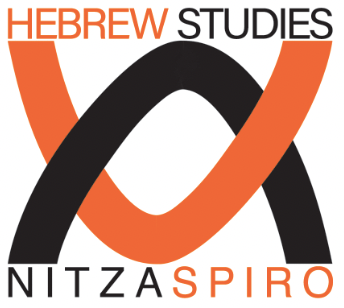Jewish Nobel Prize Winner – talk by Derek Taylor
Spiro Ark are now hosting some of their events at Shromrei Hadath Synagogue in West Hampstead and, last week, I was privileged to attend a talk entitled ‘Jewish Nobel Prize Winners’ by esteemed author, Derek Taylor who has just published a book on the subject.
Not many people have the chutzpah to ask a Prime Minister to write a forward for their book, but Derek Taylor knew that he had a subject worthy of a Prime Ministerial musings when he did just that. The forward from Mrs May (the Prime Minister as I write today but tomorrow who knows?) suggests why she thinks that fact that Jews are only 0.2% of world population but Jewish laureates account for more than a fifth of all winners is a relevant story for Modern Britain today. As she says ‘It is one that is all the more remarkable given the relatively small number of Jewish people in the world ….. and the unimaginable, unprecedented levels of discrimination, oppression and persecution they have been forced to overcome. For those of us who have dedicated our lives to the idea that opportunity and success should never be limited by either an individual’s background or the prejudice of others, the story of the Jewish Nobel laureates is truly inspiring’.
In his talk, as well as his book, Taylor gave various explanations as to why there are such a high proportion of Jewish laureates. He argued that one reason was the centrality of learning to Judaism. In his book he quotes Elie Wiesel, who won the Peace Prize in 1986 who said that:
A passion for learning, unmatched in history, is the common heritage of Jews. The poorest of the Jews in my little town in Europe always saved money for a teacher. After all we still call Moses ‘Moses our teacher.’
Taylor argued that even if they weren’t religious themselves all Jews descend from orthodox families and the learning of the Talmud was central to the very core of the Jewish people.
He also argued that the Jewish history of persecution over millennia had impacted on the very characteristic of the Jewish people ‘Well what do you do to survive if you’re facing persecution and do not want to capitulate? You toughen up, you consider all the options, you become more determined, more bloody-minded if you like, more disciplined….You become accustomed to always looking for the opportunity that other’s have missed.’ These are all qualities, Taylor implies, that are needed to make you’re a Nobel laureate.
In the Q & A after the talk Taylor was asked which Jewish laureate he thought had the most impact on the world and to my surprise he replied Ernst Boris Chain who won the prize ‘for the discovery of penicillin and its curative effect in various infectious diseases’. I thought he would say the more widely known Eli Wiesel, Henry Kissinger or Milton Friedman. However, Taylor said that he answered this way because Chain had made a huge practical discovery which had saved millions of lives – it was not a theoretical discovery.
Later when I asked Taylor what was the most important thing he had learnt from writing the book he said that ‘It confirmed my opinion that if you do your research, even complex scientific and economic thought can become clear’. Taylor was the first to admit that he didn’t necessarily understand the theses of all the Nobel winners but I do think that after carrying out his thorough research of the interesting but complex phenomena of Jews and Nobel prize winners he was able to elucidate his theories as to why this exists in a clear way.
To buy Taylor’s book please go here



